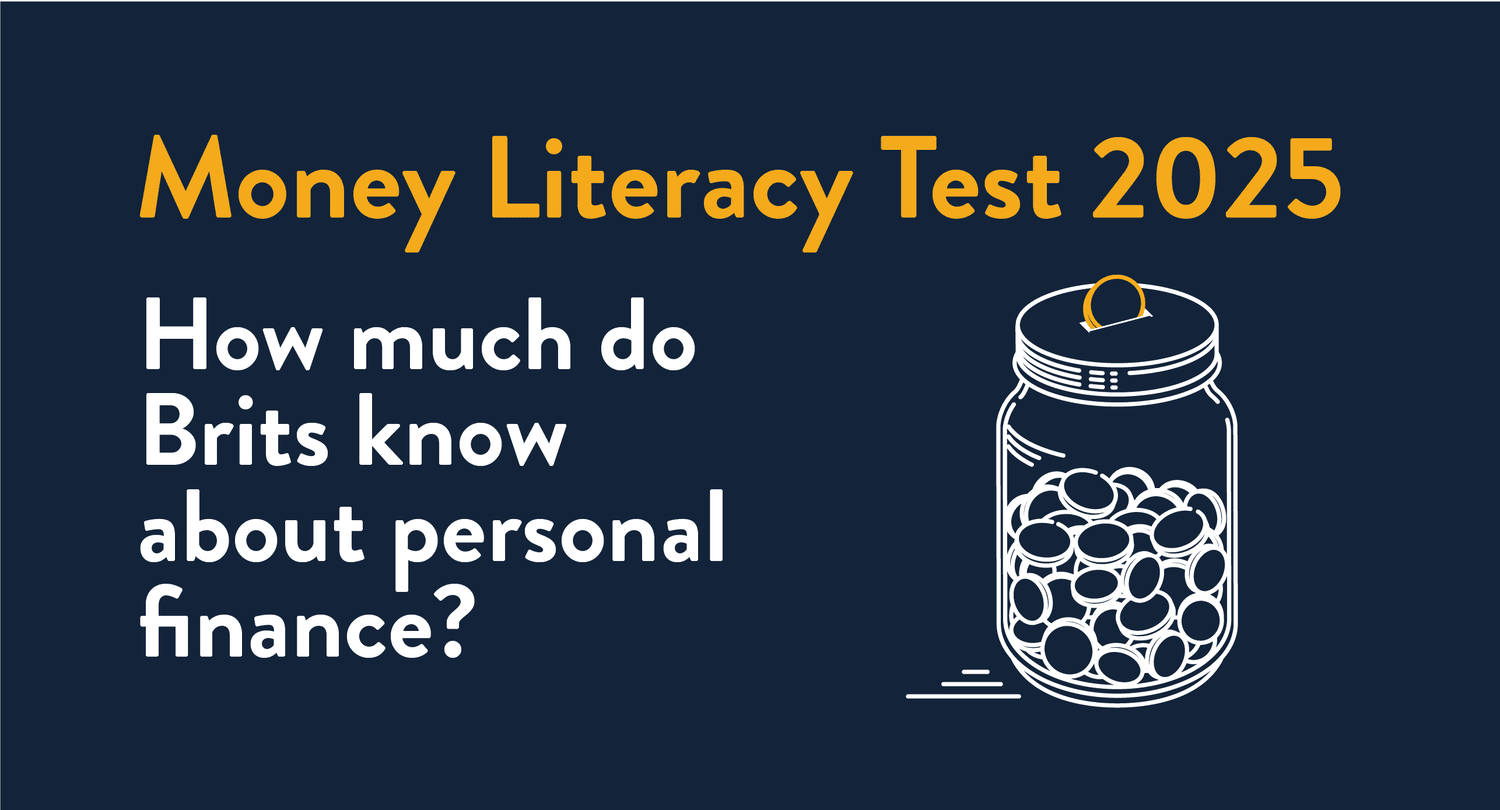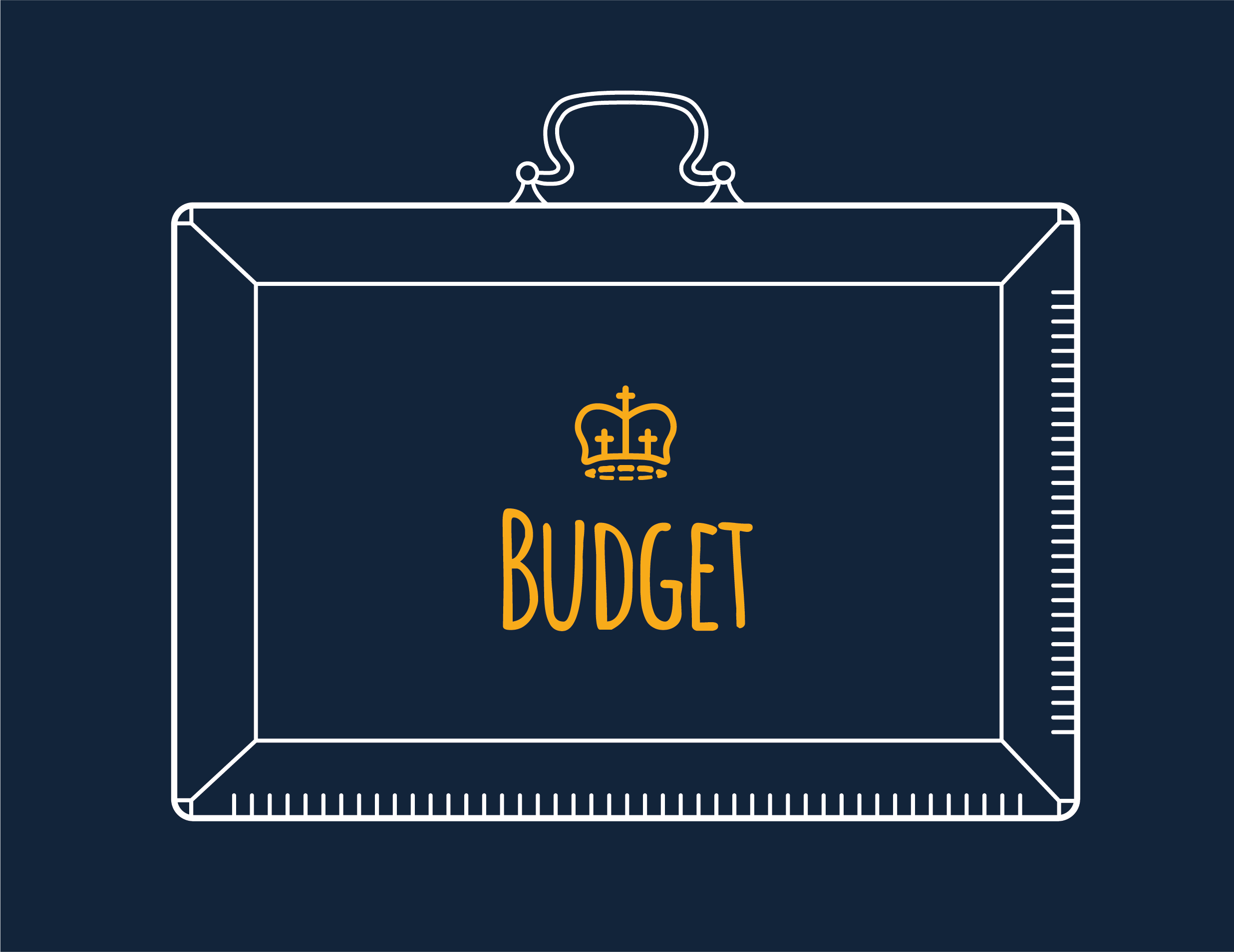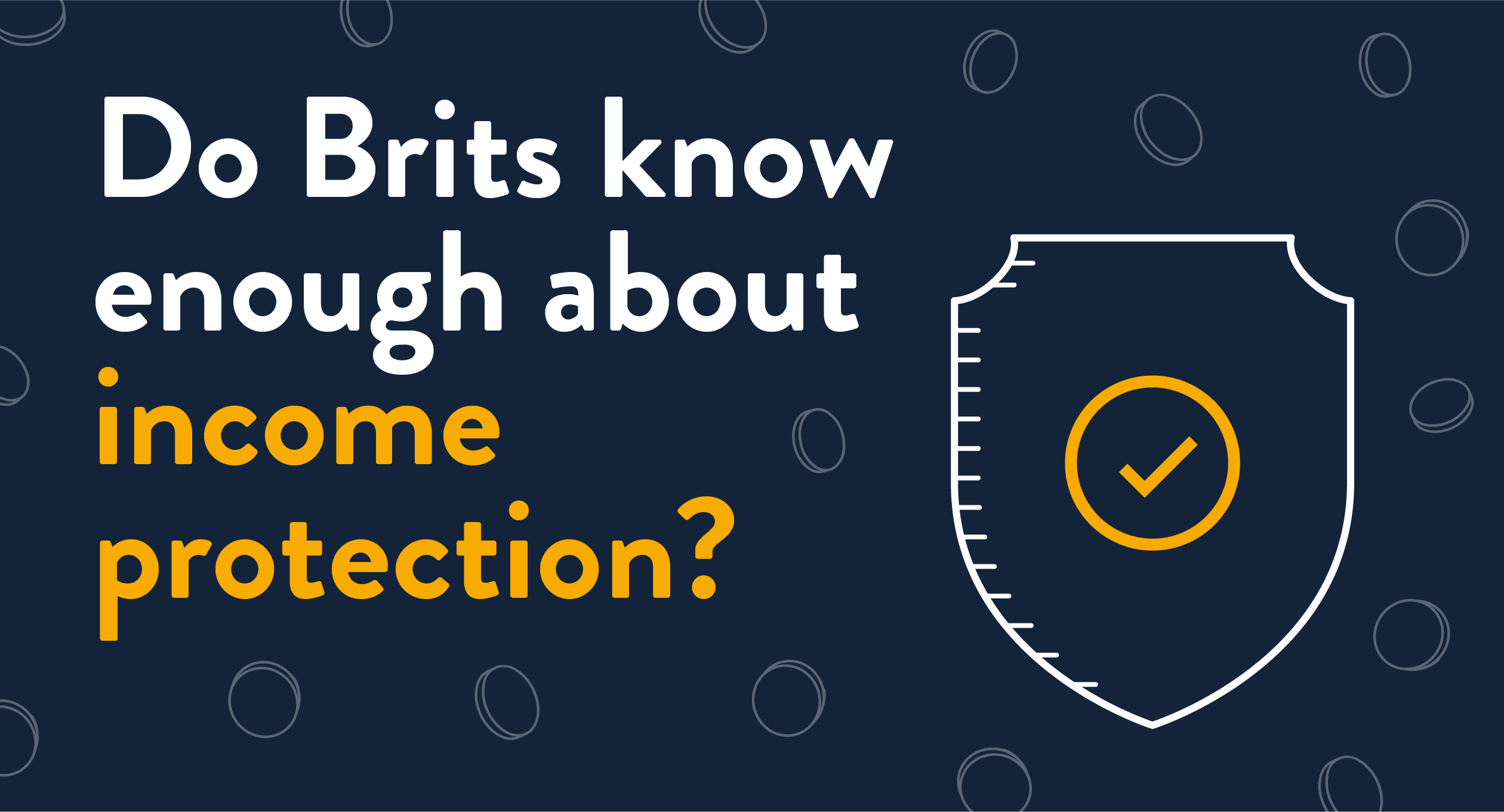
With everyday expenses on the rise, nearly half of Brits (47%) say the cost of living is one of their biggest worries. But what happens if illness or injury meant you couldn’t work?
Many people don’t realise that income protection can replace part of your earnings so that you can focus on recovery, not bills, if illness or injury prevents you from working.
Our new survey of 1,500 employed adults across the UK shows that younger people, women, and lower earners are the least aware of how income protection works. Below, we look at what Brits know (and don’t know) about income protection, and why it’s important to understand it before the unexpected happens.
Younger generations are the most concerned about losing their earnings, but have a low understanding of income protection
Our survey has found that younger adults are the most concerned about losing their income. When asked what their top three financial worries are, a quarter of 25-34 year olds worry about losing their income, and one in five (21%) 18-24 year olds say they have no savings at all to fall back on. In a multiple-choice question about how they’d handle a sudden loss of income, over half (51%) of 25-34 year olds said they’d rely on savings, while nearly one in five (18%) 18-24 year olds said they’d move back home.
Despite these concerns, a survey we conducted last year found that only 14% of Brits have income protection, leaving many exposed if illness or injury stops them from working. Our new survey has found that understanding of this cover is especially low among younger generations: while three in five people without income protection (61%) say they don’t know what it includes, this rises to 68% of 18-24 year olds and 65% of 25-34 year olds.
On top of not knowing what income protection is, many people aren’t sure where to get it. More than half (52%) of Brits without cover say they don’t know where to look, increasing to 60% among 25-34 year olds. Without some guidance, young adults and their families could be left in a tough spot if illness or injury stopped them from working.
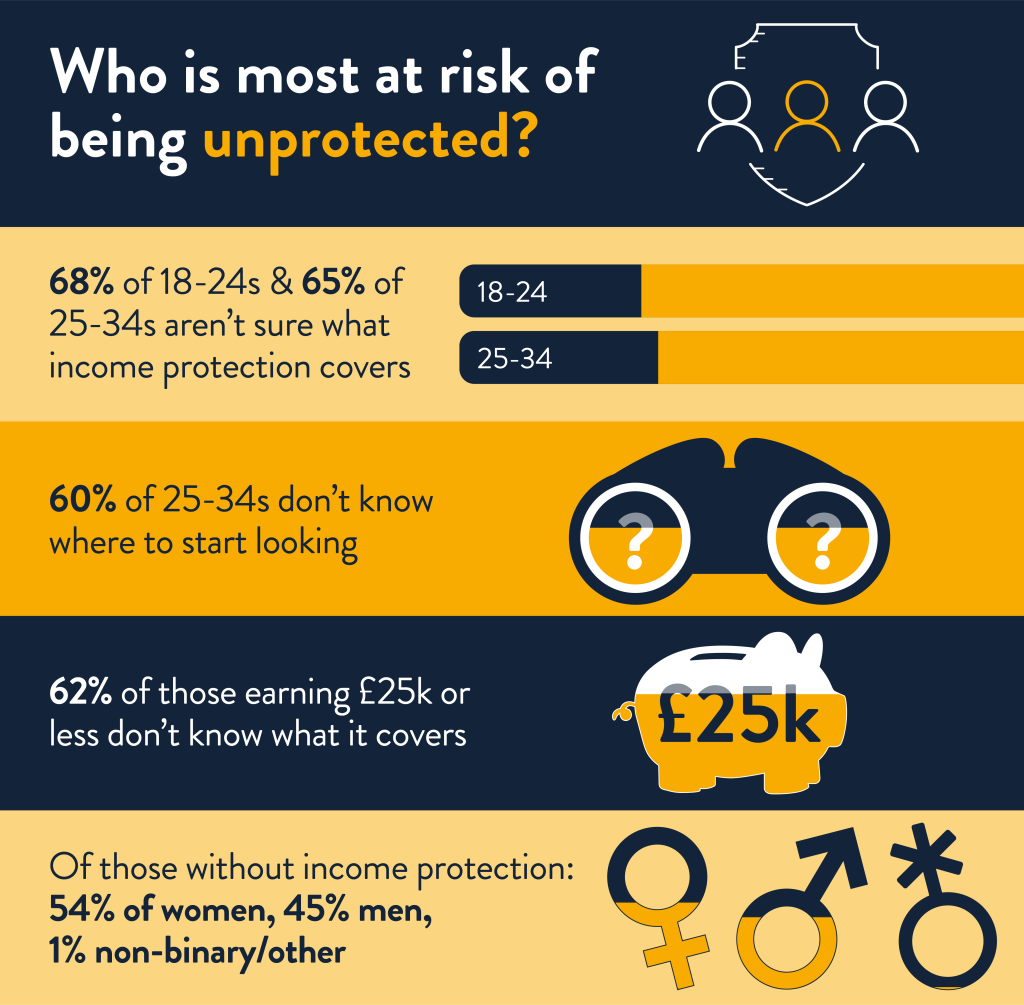
Awareness of income protection is also limited amongst women and lower earners
Our survey also reflects the ongoing gender gap in financial protection. We found that, of those who don’t have income protection, 54% are women, 45% are men, and 1% identify as non-binary/other, showing that women remain underrepresented when it comes to this type of cover.
This gap reflects wider financial trends, where women are often less likely to have certain types of financial protection due to factors such as lower average earnings. We also found that women without it are less likely to understand what income protection actually covers compared to men, suggesting that there are gaps in awareness and education when it comes to financial protection products.
However, data shows a 48% rise in women who have been out of work due to long-term illness over the past five years. With fewer women having income protection and limited awareness of it, they may be especially vulnerable to losing earnings if they become ill or injured. Our survey shows that women aren’t alone in their uncertainty around what income protection covers. 70% of people earning less than £25,000 don’t have income protection, and of those, 62% say they aren’t sure what it covers. This low awareness suggests there is an opportunity to make income protection easier to understand and access, particularly for those at higher financial risk, to help bridge current gaps in awareness and uptake.
Common misconceptions about income protection
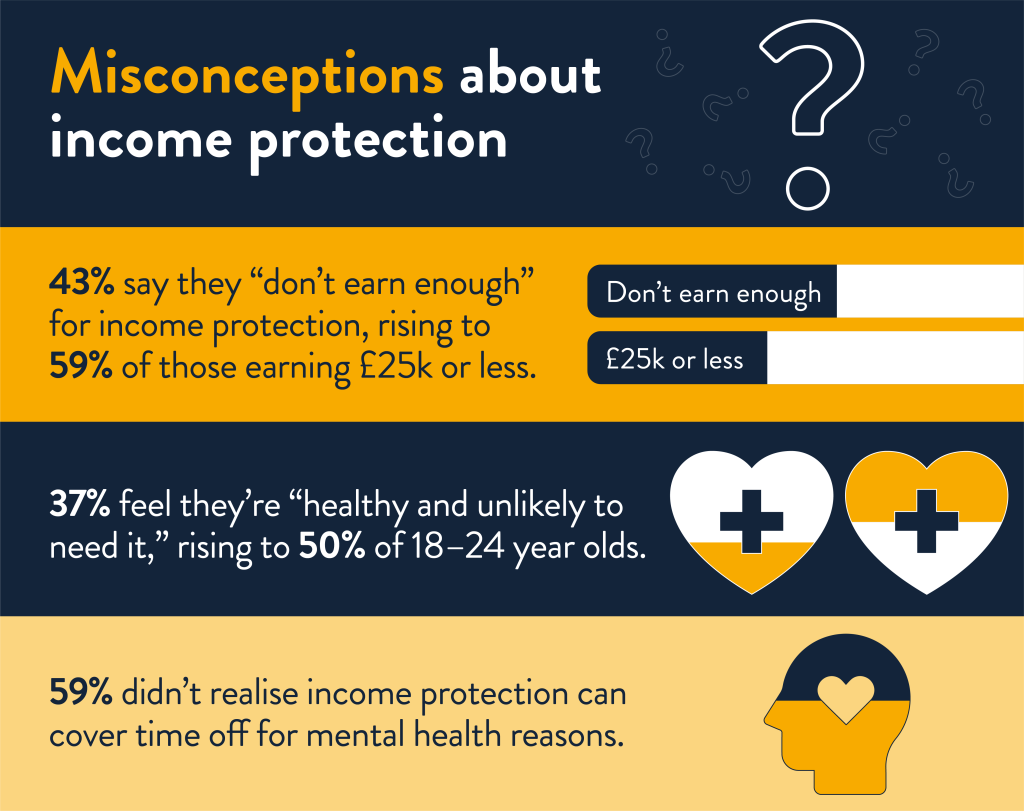
We’ve seen that many people don’t have income protection, but the reasons behind why vary.
Some assume they don’t need income protection because they “don’t earn enough” or think it’s only for higher earners. Our survey finds that over two in five (43%) think they don’t earn enough to justify taking out income protection, rising to 59% among those earning £25,000 or less. Yet even a short period out of work can be tougher for lower earners, who may have a smaller financial safety net to fall back on.
Being healthy can also make people think they don’t need income protection. Over a third (37%) of our respondents said they feel they don’t need it because they’re currently “healthy and unlikely to need it,” including half of 18-24 year olds.
But, unfortunately, this doesn’t guarantee you won’t face unexpected illness or injury. In fact, a 2024 study shows that people in their early 20s are more likely to be out of work due to ill health than those in their early 40s. Life can be unpredictable, but having some form of income protection can help reduce the stress of unexpected events.
Another common misconception is that sick pay is enough to cover your expenses if you’re off work due to sickness or injury. While employer sick pay can help, relying solely on Statutory Sick Pay (SSP), the minimum payment employers must provide, may not be enough to cover everyday essentials.
To help illustrate this, we conducted a separate piece of analysis to estimate the potential shortfall between SSP and average living costs. This analysis assumed an average weekly spend of £346.95 on essentials and housing costs (based on two adults sharing a home). In comparison, SSP currently provides just £118.75 per week, leaving a potential gap of just over £228 per week.
While SSP can provide some short-term support, payments stop after 28 weeks during a single period of leave. Income protection, on the other hand, can cover you for much longer, sometimes even up to retirement if you’re permanently unable to work. These longer-term plans are typically arranged through financial advisers and are usually more expensive than short-term cover, but they can offer valuable financial security if you’re unable to earn for an extended period.
Mental health and income protection
Our survey found that nearly three in five (59%) people don’t realise income protection can cover time off for mental health reasons, even though around one in 10 UK workers take long-term leave for this.
Mental health challenges, like issues with physical health, can affect anyone, and recovery often takes time. Having income protection in place means you could take the time you need to focus on your wellbeing without the added worry of how to pay the bills.
Not knowing this could be leaving thousands without the financial safety net they might really need. However, it’s worth remembering that not all providers cover pre-existing mental health conditions, so it’s always a good idea to check the details of any policy you’re considering.
How income protection really works, and why it matters
When life takes an unexpected turn, whether through illness or injury, your ability to earn an income can change overnight. That’s where income protection comes in.
In this section, we break down how income protection works in practice, from how much you could receive, to how you can tailor a plan that fits your lifestyle and budget.
Income protection replaces a portion of your salary
Income protection aims to replace a proportion of your gross income if you’re unable to work due to illness or injury, helping you keep up with everyday expenses like mortgage payments, rent, bills, and food shops. It can provide peace of mind knowing that even if the unexpected happens, you and your family won’t be left without financial support.
Income protection can cover employees, self-employed individuals, and freelancers, offering a flexible safety net tailored to different work situations. At Shepherds Friendly, depending on your plan, our Income Protection can provide you with a monthly benefit (the monthly payment you receive), of up to 70% of your pre-tax salary (or the average of your last three years’ net profit if you’re self-employed), with a maximum payout of £33,600 per year.
Cover can start from just £5 a month
Our survey has found that over half of Brits without income protection don’t see it as a financial priority (55%). While people may not immediately see the value, income protection can provide a real financial safety net for a small payment each month. In fact, cover can start from as little as £5 a month, depending on your circumstances. Even a modest plan could make a real difference if the unexpected happens, offering peace of mind during uncertain times.
Tailor your plan to suit your needs
With income protection, you can tailor your plan to suit your needs. Short-term cover can cover you for one to two years, however long-term policies are also available, usually through financial advisers, which can cover you for much longer.
There’s also the option to increase the amount you receive from your income protection policy if major life events occur, like a mortgage change, marriage, divorce, or the arrival of a child.
Choose a ‘waiting period’ to ensure you have a consistent income
You can select your desired ‘waiting period’, the time between when you stop working and when your payments begin. For instance, if your employer offers three months of sick pay, you can set your policy to start after that period. This can help ensure a smooth handover from your employer’s support to your income protection payments.
Waiting periods may vary depending on your chosen plan, so always check this and speak to an advisor if you’re not sure.
It’s possible to get cover even if you have a pre-existing condition
Income protection insurance can cover you even if you have pre-existing conditions, as long as you haven’t had symptoms or treatment for them within a certain timeframe before starting your plan.
If you have had symptoms or treatment in that period, you’ll need to go a set amount of time without any symptoms or treatment after taking out the plan before that condition is covered. This is known as a reviewable exclusion, and it means your insurer may reassess the condition in the future to decide if it can be included in your cover.
These time periods, terms and coverage may vary by provider and policy, so always check the policy document, or speak to a financial adviser if you’re uncertain.
Phil Nash, Chief Sales Officer at Shepherds Friendly comments on the research:
“Many people don’t realise just how quickly illness or injury can affect their ability to earn. Our research highlights that younger adults, women, and lower earners are particularly at risk of being financially unprepared.
“Income protection isn’t just about replacing income, it’s about giving people peace of mind, helping them focus on recovery without the added stress of financial worries. Planning ahead can make all the difference when life takes an unexpected turn
“At Shepherds Friendly, we want to help people understand their options and make informed choices about protecting their income. Our goal is to empower individuals to feel secure, knowing they have a plan in place should the unexpected happen.”
Are you ready to protect your future? Why not get a quote today? Or reach out to the Member Services Team at Shepherds Friendly, who can take you through your options.
Methodology
Findings are based on a survey of 1,501 employed Brits aged 18 and over. Please note for the 14% uptake figure, data from 2024 was used (survey of 2,000 Brits aged 18 and over).
We calculated essential spending per person using ONS data per person, applying inflation to most recent data (from 2024) to make it relevant for 2025. This was done by averaging 2025 inflation so far from ONS figures between Jan-August 2025.
Essentials were defined as:
- Food & non-alcoholic drinks
- Clothing & footwear
- Housing, fuel & power
- Household goods & services
- Health
- Transport
- Communication
- Education
- Miscellaneous goods & services
We added to this an average for monthly rent (data for September taken) and mortgage payments, assuming these are divided by two people.
Third party studies used:
- Long-term sickness becomes top reason for women being out of the labour market | TUC, published 13th May 2024. Statistic used: There has been a 48% rise in women who have been out of work due to long-term illness over the past five years.
- We’ve only just begun: Action to improve young people’s mental health, education and employment, published February 2024. Statistic used: People in their early 20s are more likely to be out of work economically inactive due to ill health than those in their early 40s (page 33 and 34).
- RC Psych Press Release, published 27th September 2024. Statistic used: One in 10 UK workers take long-term leave for mental health reasons.

